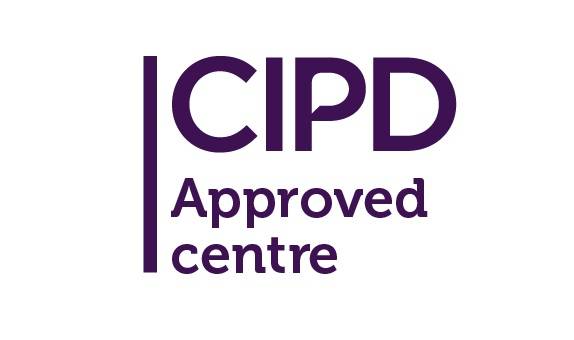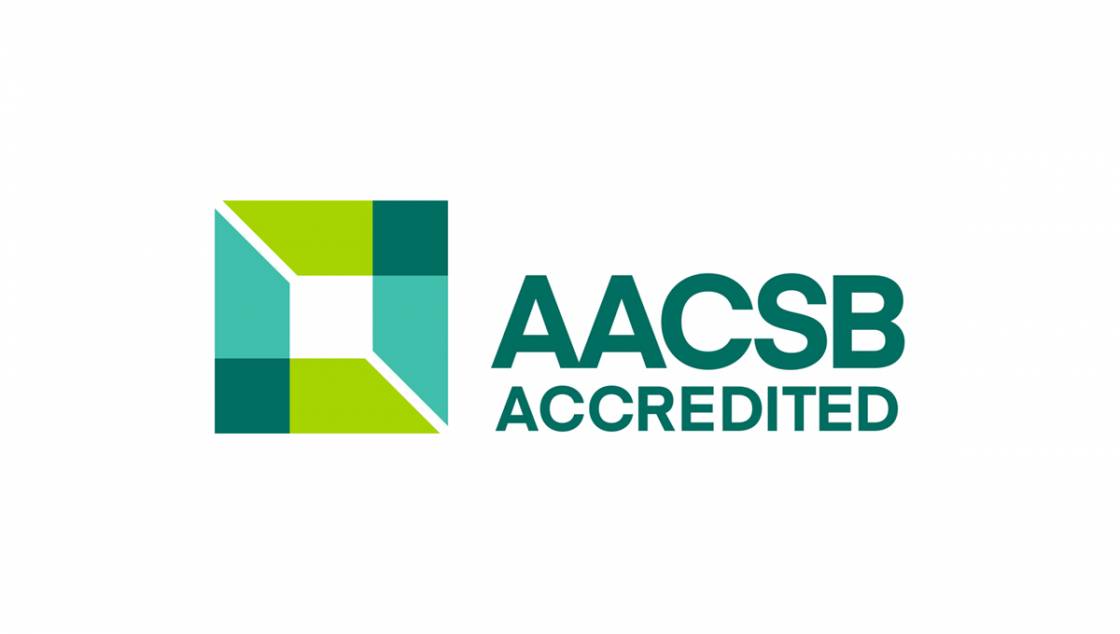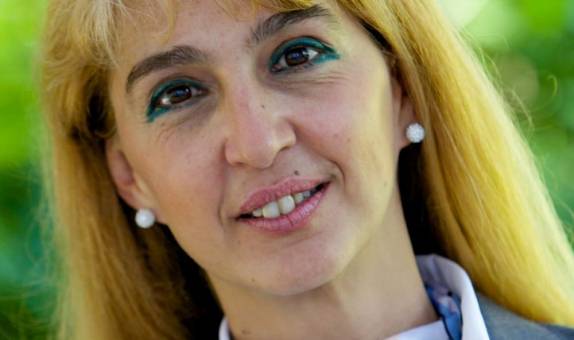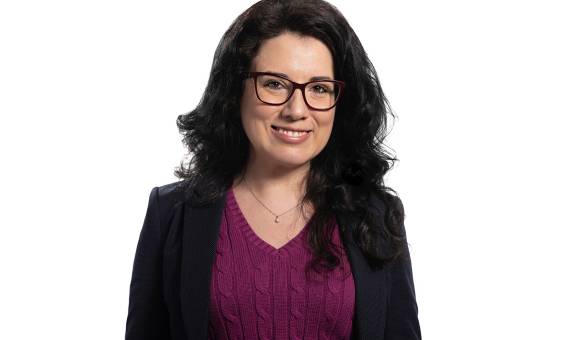Global Human Resource Management MSc
Why choose this course?
This course is ideal if you want to develop a career in Human Resources and understand how to make an impact in a global environment.
The course has been developed and designed with input from HR professionals to ensure that it focuses on the needs of organisations today.
You will develop the knowledge and skills in HRM that employers are looking for. You will work on industry-led projects, learn from real global business cases, and be inspired by guest speakers from different types of organisations and sectors.
| Mode | Duration | Attendance | Start date |
|---|---|---|---|
| Full time | 1 year | Kingston |
September 2024 January 2025 |
| Full time | 2 years including professional placement | Kingston |
September 2024 January 2025 |
| Main location | Kingston Hill |
Reasons to choose Kingston University
- Kingston University has a strong reputation in delivering Human Resource (HR) qualifications with over 30 years experience.
- Kingston has a sound academic and professional business network in the field of Global HRM, so students can benefit from direct connections to industry partners and access to leading HR research.
- We also provide students with an industry-based coach to support their professional development.
- This course is accredited by the Chartered Institute of Professional Development (CIPD).
Links with business and industry
The MSc Global Human Resource Management course embraces and develops the connections between academia and industry. The course has been developed and designed with input from HR professionals to ensure that it focuses on the needs of organisations today. This allows for our content to be informed by the realities of business today and provide context for assessments.
This course takes an innovative approach to teaching that sees both academics and practitioners deliver module content using a variety of approaches that bring subjects to life. We also provide students with an industry-based coach to support their professional development.
MSc Global Human Resource Management also aims to create a community and provides a range of extra curricula activities including the Research to Practice speaker events, a webinar and podcast series and an annual online conference that further builds on HR industry connections and provides excellent opportunities for networking in the industry.
Accreditation
Chartered Institute of Personnel and Development (CIPD)
Kingston Business School is a Chartered Institute of Personnel and Development (CIPD) Approved Centre and this MSc course is accredited by the CIPD. (Note: the MSc top up is not accredited).
The learning outcomes of this MSc programme are aligned to the CIPD's learning outcomes. This means that after successfully completing our masters you will be eligible to independently begin your journey, without the need to take extra training units, towards gaining Chartered status with the CIPD.
Kingston Business School Accreditations
Kingston Business School holds the prestigious international accreditation by the AACSB (Association to Advance Collegiate Schools of Business) in recognition of the excellence of its business education. This accreditation has been earned by just 5% of the world's business schools and recognises the high quality and standard of our business degree offerings.
Specialist careers support
You will take part in an Assessment Centre Experience, providing the opportunity to experience the pathway to employment with tailored feedback to help develop your employability skills for the world of graduate employment.
- Develop your understanding of the jobs market, including current trends and opportunities, different recruitment processes and how to identify relevant roles
- Receive personalised feedback reports to help you to improve and progress
- Access additional webinars on top tips, employer expectations and best practice

At Kingston Business School we lead
The Department of Management at Kingston Business School
The Department of Management offers a broad range of accredited undergraduate and postgraduate courses covering all areas of business, from human resources and finance, to marketing, logistics and management.
Our programmes are developed in consultation with industry practitioners and alumni to ensure that your studies are future-facing and enable you to thrive, whether your ambition is to start your own company or become a senior leader in a global organisation.
What you will study
The course is designed to build knowledge of current HR approaches and to explore, challenge and consider the future of each through various lens. With modules delivered by both academic and practitioners from industry, students are able to immerse themselves in how research and practise work together to find innovative and creative solutions to HR challenges today.
Modules
Student will take all the compulsory modules and select one optional module. The availability of optional modules may vary from year to year or between teaching blocks.
Core modules
Organisational Strategy and the Purpose of HR
15 credits
This module introduces the connection between the organisational strategy and the HR function presenting a variety of views from different lens within the organisation. The module provides an understanding of the academic, strategic, and practical concepts to support this and specifically looks at the strategic role HR has in organisations today, and the opportunities they have to influence and shape success through the function and its roles.
HR Analytics
15 credits
This module provides an understanding of data and its use within HR functions today to provide insights and support business decisions. Starting the journey of identifying how and why data can help us, we then actively take a variety of data, analyse and present solutions in formats that support HR business cases and provide answers to workforce focused questions. It introduces a variety of quantitative and qualitative analytical methodologies and techniques that show in practice how data analytics can add value to an organisation.
Talent Acquisition
30 credits
This module provides an understanding of the importance of the candidate journey in today's global talent market. Starting with the way we plan our talent requirements in organisations, we then explore attraction, recruitment and onboarding approaches that support organisations to have inclusive and diverse workforces. The module addresses contemporary issues and equips students with the ability to critically appraise the suitability of talent acquisition methods for different scenarios.
Managing and Leading People
30 credits
This module provides insights and understanding into creating sustainable relationships and management of individuals within our organisations as hybrid working becomes more mainstream and workforces become more globally positioned. It considers how employee relations is a central part of creating diverse and inclusive workforces. It also connects to how we manage performance effectively and build successful teams to support organisational outcomes.
Employee Experience
30 credits
This module develops an in depth understanding of how we develop and maintain engagement and motivation in our workforces today. Considering the impact of organisational culture towards various models and frameworks of engagement, the module then focuses on how HR can impact individuals' experiences through critically reviewing various contemporary concepts and practices.
Organisational Development and Change Management
30 credits
This module looks at the reasons for organisational development and change, considering how we can manage the process more effectively for success, exploring change models and the leadership//managerial skills required to support individuals.
This module then explores the behavioural science of change and the importance of this in today's evolving organisations. Working on a specific industry change project/case, there is practical application of applied learning through the requirement to critically review relevant literature and apply theoretical frameworks to address organisational or behavioural issues of the examined change.
Professional Development
15 credits
This module provides the individual with an opportunity to explore, understand and reflect on themselves as part of their own development considering the skills required for business today and to support personal growth and development. This module will encourage individuals to find their own personal brand.
Sessions will provide individuals with a range of activities to challenge and grow including commercial and creative thinking, along with considering the impact of the golden threads (Diversity Equality & Inclusion, Corporate Social Responsibility, and Technology) on their own values, beliefs and professional skills.
Students will have access to external industry professionals, providing a mentoring opportunity during the period of this module to support their own individual journey.
Optional modules
Organisational Learning and Development
15 credits
This module offers students the opportunity to explore and understanding the importance of how organisational learning and development works in today's global organisations. Considering the perspectives of both the individual and the organisation it looks at how we learn and what inclusive approaches are best suited and available to support learning and development in an ever-changing environment or work today. It also looks at the developing areas of technology and the impact this is having on the approaches we are using.
Employment Law
15 credits
This module develops students' understanding of employee relations and employment law and of the economic, social and political context in which it develops. Focused primarily on UK law, but not exclusively, it will give a sound knowledge of individual employment rights and an understanding of the application of the law in employment relations issues. It will enable students to advise managers in applying the law to specific problems and in proposing appropriate legal and HR policy measures to ensure compliance with the law, best practice and the effective management of the employment relationship.
Total Reward Management
15 credits
This module develops a critical view and appraisal of the fundamental principles, key frameworks, strategies, systems and good practices of compensation and reward, and the contribution of compensation and benefits to the achievement of HR and business strategies.
What our students say
Entry requirements
Teaching and assessment
Who teaches this course
On the MSc you will be taught by an experienced teaching team whose expertise and knowledge are closely matched to the content of the modules on this course. The team includes senior academics and professional practitioners with industry experience. The following group of staff members are currently involved in the delivery of different elements of this course. This pool is subject to change at any time within the academic year.
Fees for this course
Additional costs
Depending on the programme of study, there may be extra costs that are not covered by tuition fees which students will need to consider when planning their studies. Tuition fees cover the cost of your teaching, assessment and operating University facilities such as the library, access to shared IT equipment and other support services. Accommodation and living costs are not included in our fees.
Where a course has additional expenses, we make every effort to highlight them. These may include optional field trips, materials (e.g. art, design, engineering), security checks such as DBS, uniforms, specialist clothing or professional memberships.
After you graduate
Kingston University's human resource management alumni have gone on to work for organisations including Unilever, Capgemini, Ogilvy & Mather Group, Hewlett Packard, HSBC, GSK, Amazon, Apple, and the NHS.
You will be invited to join our alumni network and continue to be part of our Global HRM community through our extra curricula and alumni-specific events, mentoring opportunities, and guest speakers.
Kingston Business School: who do you want to be?
Course changes and regulations
The information on this page reflects the currently intended course structure and module details. To improve your student experience and the quality of your degree, we may review and change the material information of this course. Course changes explained.
Programme Specifications for the course are published ahead of each academic year.
Regulations governing this course can be found on our website.


















